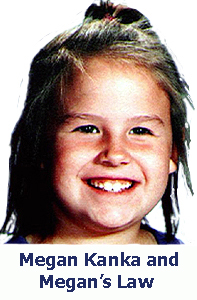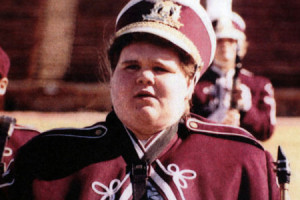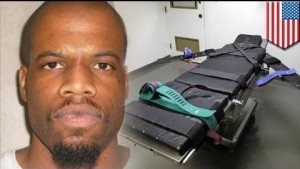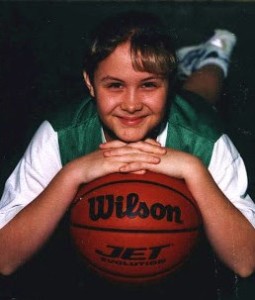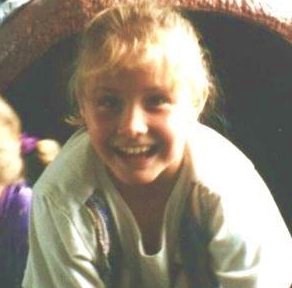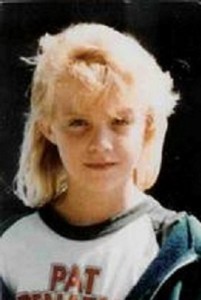The California Sex Offender Management Board is recommending an overhaul of the system that would change the criteria for lifetime registration, taking into account the severity of the crime and the likely risk posed by the offender. They recommend a 3-tiered system. Level one sex offenders, non-serious and non-violent sex offenders would be removed from the list after 10-years. Level two sex offenders, serious or violent offenders who are not high-risk would be removed from the list after 20-years. Level three sex offenders, sexual predators would continue to register for life.
As of 8/25/2013, there are 81,112 registrants displayed on the Megan’s Law Internet site. Information on approximately 30,421 other offenders is not included on this site and cannot be posted online. That means that more than 27% of registered sex offenders are already not subject to the terms of Megan’s Law. They are protected from public scrutiny.
A mechanism already exists to be removed from California’s Sex Offender Registry. Once convicted or adjudicated, this is lifetime requirement for both juveniles and adults. In order to be relieved of this requirement, juveniles adjudicated in juvenile court may petition to have their record sealed; adults may petition the court for a Certificate of Rehabilitation in some cases or a full Governor’s Pardon in most cases.
I can appreciate and understand that certain individuals: offenders forced to register because they were caught peeing on a fireplug, or those caught up in Romeo & Juliet scenario’s, wish to be distanced from hard core offenders, but this is a small sub-set that can be dealt with on an individual basis without a sweeping overhaul of the entire system.
We live in a society where the NSA can capture, organize, collate, listen to, and categorize every phone call made in this country, or an ATM can calculate our bank accounts from among 10’s of millions of bank accounts millions of times per day, down to the penny. Therefore, I would suggest that the CA DOJ needs an IT overhaul more than it needs a SOR overhaul if they are having trouble monitoring 100,000 individuals.
According to the CATO Institute, something like 90% of criminal cases end in a plea bargain. That means that the defendant agrees to plead guilty to a lesser crime and receive a lesser sentence, rather than go to trial on a more severe charge where he faces the possibility of a harsher sentence.
The cynical recommendations by the California Sex Offender Management Board are simply another attempt to weaken California’s criminal code. Look at some of the damage that has already been caused during Governor Jerry Brown’s administration:
- AB 109 Transferred responsibility of tens of thousands of felons convicted for so called non-serious, non-violent, and non-sexual crimes from the state to the counties
- SB 9 grants freedom to juvenile killers previously sentenced prison sentences of life without the possibility of parole (LWOP)
- Prop 36 that effectively gutted the 3-Strikes and You’re Out law.
I am not opposed to tiering sex offenders. It would enable to public to better assess their threat. But that does not mean that huge numbers of individuals should be removed from the sex offender registry based upon an arbitrary number.
I will actively oppose the recommendations of the California Sex Offender Management Board just as I actively opposed AB 109, SB 9, and Proposition 36. Just look back before Megan’s Law, before 3-Strikes, before any attempt was made to hold criminals accountable. Back in the early ‘90’s when Polly was tragically taken from us California had soaring crime rates. We had the highest crime rates in history. After the implementation of these programs, and I know that they are controversial in certain circles; crime in California had been reduced by half. I think that this is a legacy to be proud of. I think attempts to undermine those efforts are cynical. I think they are based on flawed ideology and I think that they place the good citizens of California at risk.





